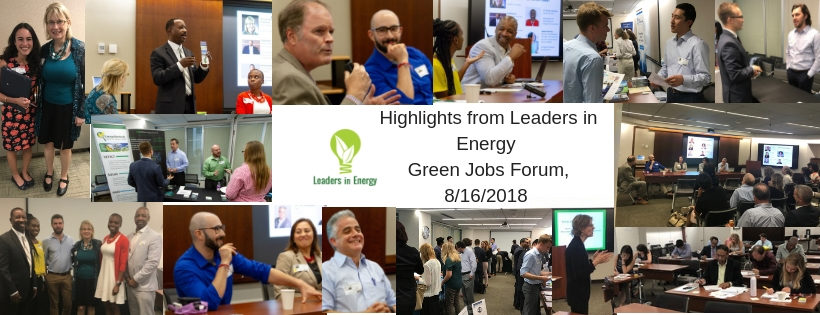Archive for category: Uncategorized
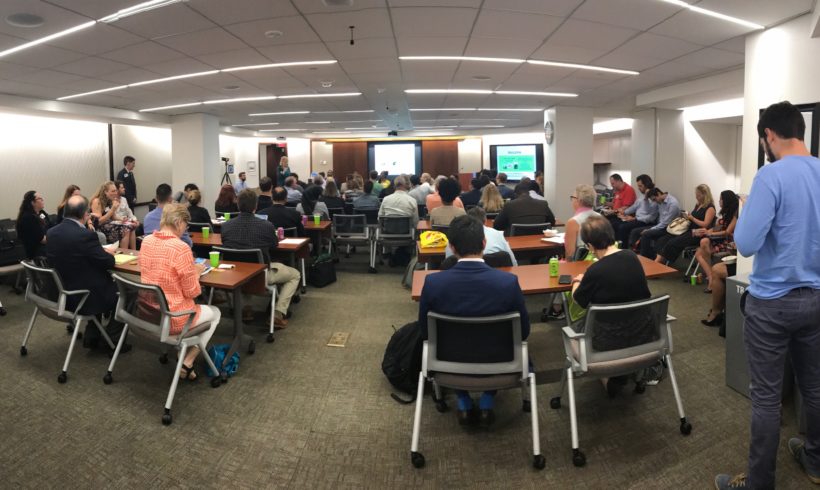
D.C. Wants You: Our Nation’s Capital is a Hub for Green Jobs
Leaders in Energy held its 5th Annual Green Jobs Forum on “Growing a Clean Regional Economy” on August 16, 2018 at the Metropolitan Washington Council of Governments. The event featured two moderated panels for guests and exhibitors. The first panel, “What’s Going on in the DMV on Green Jobs?” featured four panelists: Todd Beazer, Dr. Taresa Lawrence, Ashante Abubakar, and Natalie Monkou, and was moderated by Janine Finnell.

4 Lessons from Bhopal and Bogotá on Launching Citywide Bike Sharing
Bike sharing has experienced astonishing growth since its first major breakthrough 20 years ago. Following the rise of dockless bike sharing, more than 1,000 cities worldwide now offer bike-sharing services. Around 300 cities implemented new systems in 2017 alone.
Bike sharing offers a bevy of benefits that make them attractive investments for sustainable cities. They help address mobility challenges such as congestion, poor air quality, high greenhouse gas emissions and lack of transport options. To help catalyze further expansion of this healthy and environmentally sustainable mode of transport, the Financing Sustainable Cities Initiative (FSCI) met with experts and cyclists in Bhopal, India, and Bogotá, Colombia.

The Italian Energy Audits model: A “cocktail” of best practices that lead to success
In March this year, I wrote about the how the Italian model could unlock the great energy efficiency potential in the country’s SMEs. While energy audits are mandatory for large companies, Italy requires them for certain SMEs as well.
New data presented in the Energy Efficiency Annual Report 2017 published by ENEA, the Italian National Agency for New Technologies, Energy, and Sustainable Economic Development, confirms how the energy audits model continues to be successful in Italy. 2016 data reveals that 20% of the total energy audits received were performed by SMEs, and shows that potential savings between 0,8 Mtoe and 1,1 Mtoe could be achieved with a payback period equal or less then three to five years respectively.
What is the secret to this success? We already know that one of the keys is that the Italian model requires SMEs to undergo energy audits in case it is an energy consuming company, and mandatory implementations of the identified measures.

Getting the Interview for Your Perfect Green Job
Leaders in Energy conducted a 5-session Green Career Momentum (GCM), from May 17-June 21, 2018, to help those seeking to land or create their dream green job. At each session, speakers in different sectors, e.g., clean energy, circular economy, natural resources, etc. provided their expertise for participants to learn about opportunities in the green economy. The sessions included interactive exercises to practice skills and opportunities for networking. Dr. Beth Offenbacker, Principle, Waterford Inc, and Director for Training and Development, Leaders in Energy, was the instructor.
This article provides highlights from the Green Career Momentum session titled “Getting in the Door: Executive Communications, Resumes, and Cover Letter.” Skills were practiced during the session on techniques to develop rapport for successful interviewing. The session took place virtually on May 31, 2018.
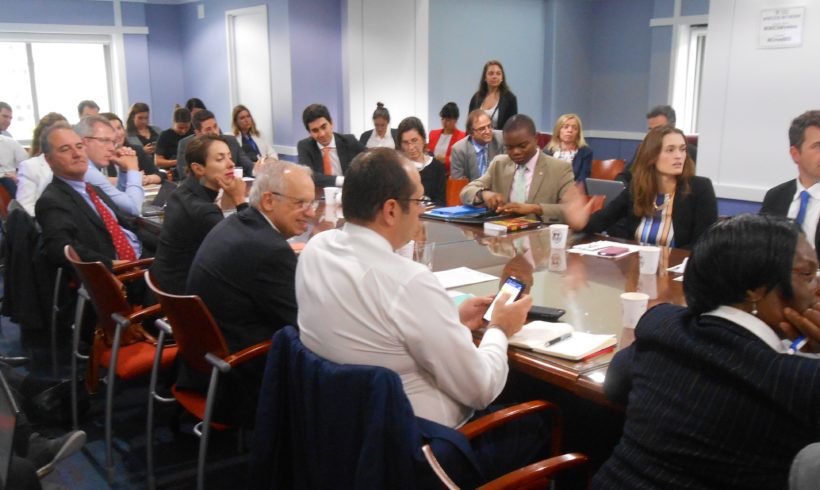
An Evaluation of Brazil’s RenovaBio Program
According to the Paris Accords on Climate Change, each country is to develop its own goals for CO2 reductions and develop a program to meet these goals. Brazil is an interesting case study in this effort. Unlike other countries, Brazil has chosen to place a strong emphasis on transportation rather than electrical generation and building efficiency. Brazil has a long history in renewable fuels with a continuous ethanol blending protocol since 1931.
In December of 2017 the Brazilian government passed the RenovaBio program in record time under the leadership of Congressman Evandro Gussi, pictured below. Since then, the RenovaBio Committee has quickly moved to work out details of the program which is strongly based on California’s Low Carbon Fuel Standard.
In April and May, the proposed protocol was opened to public comment in Brazil.
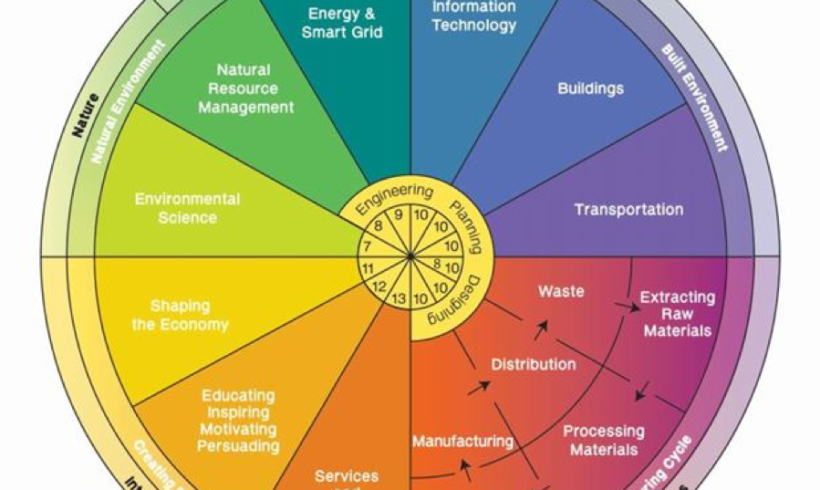
The Green Economy: Jobs and Career Trends You Need to Know About
On May 10th, the topic was “The Green Economy: Job and Career Trends You Need to Know About.” The speaker was Norman Christopher, Executive Director, Office of Sustainability Practices, Grand Valley State University and the author of the book Sustainability Demystified! was the speaker. The skill was “Identifying Energy Sustainability Jobs in the new Economy.” The Green Economy focus area was clean energy, energy efficiency, and the electric grid.
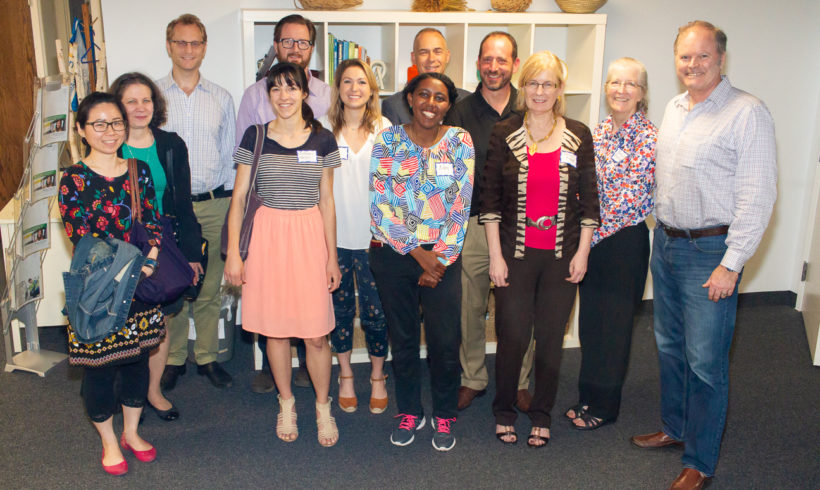
Green Organizations ‘On the Inside’–Challenges and Opportunities
On Thursday, June 14th, Leaders in Energy held the fourth Green Career Momentum (GCM) event at Green America. The GRM series has been held to assist Leaders in Energy members in find or create a dream green job. Each session has a specialized topic, speakers, skill, and green economy focus area.
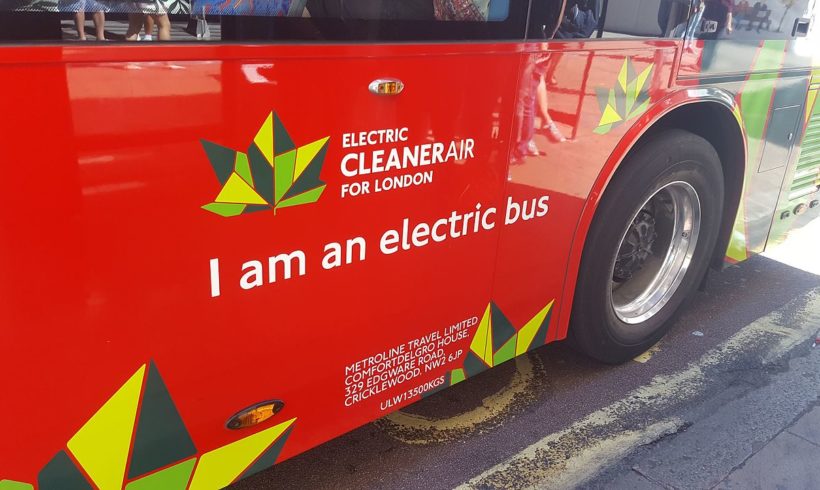
How 3 Cities Are Navigating the Transition to Electric Buses
As today’s urban areas house more than half the world’s population and produce more than 80 percent of global economic activity, cities are uniquely positioned to deliver sustainable solutions. However, poor local air quality and issues related to global climate change are negatively impacting the lives of millions. Promising solutions exist – cities are increasingly turning to low- and zero-emission buses to decrease environmental impacts while creating economic, environmental and health benefits, for example. Transitioning bus fleets to clean technologies can also improve quality of service and reduce costs in the long run. So why aren’t all cities closing the curtain on diesel-fueled fleets and transitioning to electric?
To better understand this question and evaluate the barriers that cities face when taking on electric buses, the Financing Sustainable Cities Initiative interviewed three experts in three different cities going through the process, each with the objective of improving quality of life for residents and their urban environment.
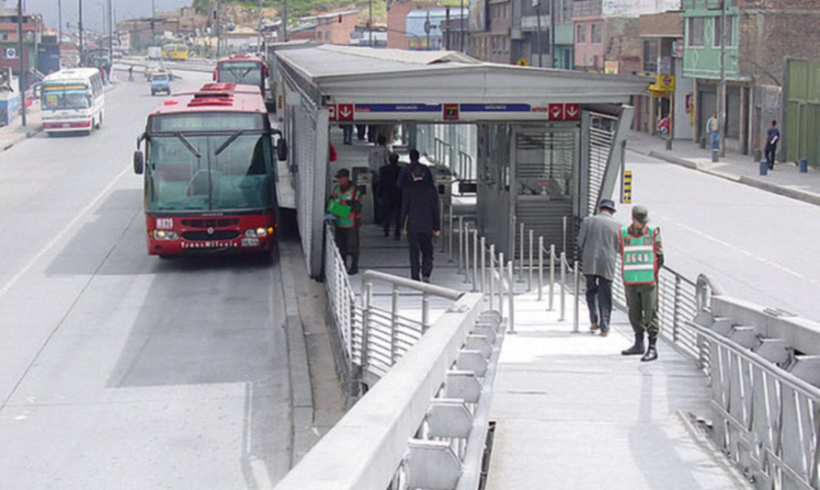
The People of Bogotá Want Cleaner Air. Will the City Listen?
Bogotá is one of Latin America’s most polluted cities – but thanks to its citizens, its air may be getting cleaner.
A decision from the mayor’s office to keep using diesel fuels in the next generation of buses in the city’s bus rapid transit (BRT) system, TransMilenio, set loose a series of events, led by citizens, demanding cleaner air and challenging the local paradigm that less-polluting fuels are too expensive to consider. Today, Bogotá is closer than ever to a cleaner BRT fleet.
What can we learn from Bogotá? Citizens have the power to promote sustainable development, even when there is an apparent lack of political leadership through sustained political organizing and pressure.


